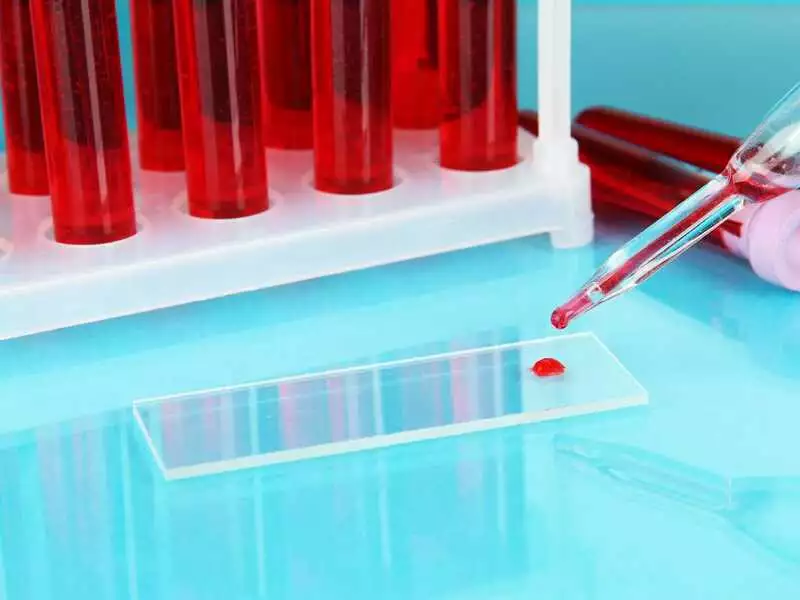Liver tests allow you to assess how your liver is working. When using contraception, it is particularly advisable to have check-ups every so often for AspAT, ALAT, Bilirubin and GGT levels. Why? Because some of the ingredients in the contraceptive pill can have a negative effect on the liver and it is worth keeping it under control at all times. A diseased liver is no joke. Sometimes, the basic results from liver tests and the Medical US image can help to diagnose various diseases of this organ.
Selected liver tests
AspAT - aspartate aminotransferase. The usual abbreviations used in assays are also: GOT, AST. It is an intracellular enzyme. It is found in skeletal muscle, heart muscle, kidney and liver. Testing of this enzyme allows the detection of liver disease.
ALAT - alanine amyltransferase. The abbreviations used here are: GPT, ALT, AIAT, SGPT. Appears mainly in liver cells. It is also an enzyme. Less frequently, its presence can be seen in the heart muscle or kidneys.
The de Rits index - which is the ratio of ALAT to AspAT levels - allows liver disease to be detected.
Bilirubin - there are three types of bilirubin levels. Total, direct and indirect. Total is the sum of the previous two. Bilirubin is a yellow pigment that comes from the breakdown of red blood cells. It is therefore easy to guess that it is part of haemoglobin. Its level in the blood can also show liver damage.
GGT - gamma-glutamyltranspeptidase. This enzyme is found in the cell membrane of the pancreas, liver, kidney and intestines. Its elevated levels can indicate many diseases, including liver disease.
The above-mentioned tests should be performed on an empty stomach in a diagnostic laboratory. A nurse will draw blood for the test. Usually the results are available for collection the same day or the next day depending on the laboratory. The results should be consulted with the doctor who referred you for the test.

photo: panthermedia
If your GP or gynaecologist thinks that you may have liver disease, they will refer you to a hepatologist. A hepatologist is a specialist in the treatment of liver disease. If there are significantly elevated levels of AspAT, ALAT and GGT then the doctor will probably still order a test to check whether we have hepatitis B or C - that is, HBV and HCV. While we were vaccinated for HBV in childhood and are theoretically protected, there is no vaccine for HCV.
Does the liver hurt?
Usually the liver does not give pain signals. If it does, when there are problems with digestion, the most common pain felt is on the right side radiating to the rib area. In addition, the liver can already hurt in severe cancer cases.
PCOS, contraception and the liver
Many women who suffer from Polycystic Ovary Syndrome use contraception. In the case of PCOS, it is usually difficult for women to lose weight, and their greatest anguish is the constantly accompanying hormonal disturbance. In addition, being overweight and obese is a constant companion of the disease. It is possible to gain weight when using contraception. There are two possibilities: the first is that it is our own fault, because we fail to curb our appetite and eat more, blaming it on the contraceptive; the second is that the composition of the pill actually has an impact on weight gain and, despite a healthy diet and lifestyle, we have no control over this. With any excess weight, it is important to take care of the state of your liver.
Every kilo more can contribute to fatty liver. In the future, untreated steatosis of the liver can bring us unpleasant consequences in the form of liver cancer. It is important to remember that steatosis of the liver is not only a problem for alcoholics. There is also non-alcoholic steatosis of the liver and overweight people should also check the condition of the organ from time to time, not only through blood tests, but also through Medical US of the liver.









